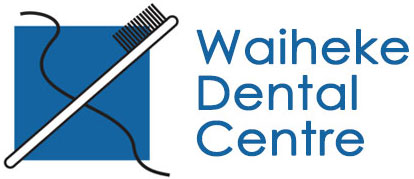Tobacco can damage the gum tissues causing inflammation and periodontal disease (gum disease). Use of tobacco, ecstasy, amphetamines, and methamphetamines can also lead to tooth loss by constricting the small capillaries in the gums, affecting how the bone attaches to the soft tissue of teeth.
The use of alcohol, marijuana, ecstasy, amphetamines, methamphetamines, heroin and replacement therapies such as methadone limit saliva production causing dry mouth, the risk of tooth decay, gum disease and erosion.
Ecstasy raises body temperature, which can lead to an increase in the consumption of sugary drinks. Most alcoholic drinks are very sugary and acidic. Frequent consumption of these drinks will demineralise and weaken tooth enamel, which is the first step in tooth decay.
Tooth grinding and jaw clenching can occur with ecstasy, cocaine, amphetamine and methamphetamine use. Tooth grinding is known as bruxism and can lead to extreme wear, especially when combined with dry mouth. It can cause cracked and broken teeth and nerve damage.
Smoking cigarettes contributes to bad breath, the buildup of tartar on teeth and the staining of teeth, tongue and gums. Staining may appear yellow or black.
Excessive alcohol consumption and drug use can result in neglected oral hygiene self-care
Tobacco contains carcinogens, and is a major risk factor associated with oral cancer. Excessive consumption of alcohol significantly raises the risk of oral cancer, and when combined with smoking tobacco this risk is increased even more dramatically. Like tobacco, smoking marijuana also increases the risk of developing oral cancer.

What do you think? Share your thoughts...
You must be logged in to post a comment.